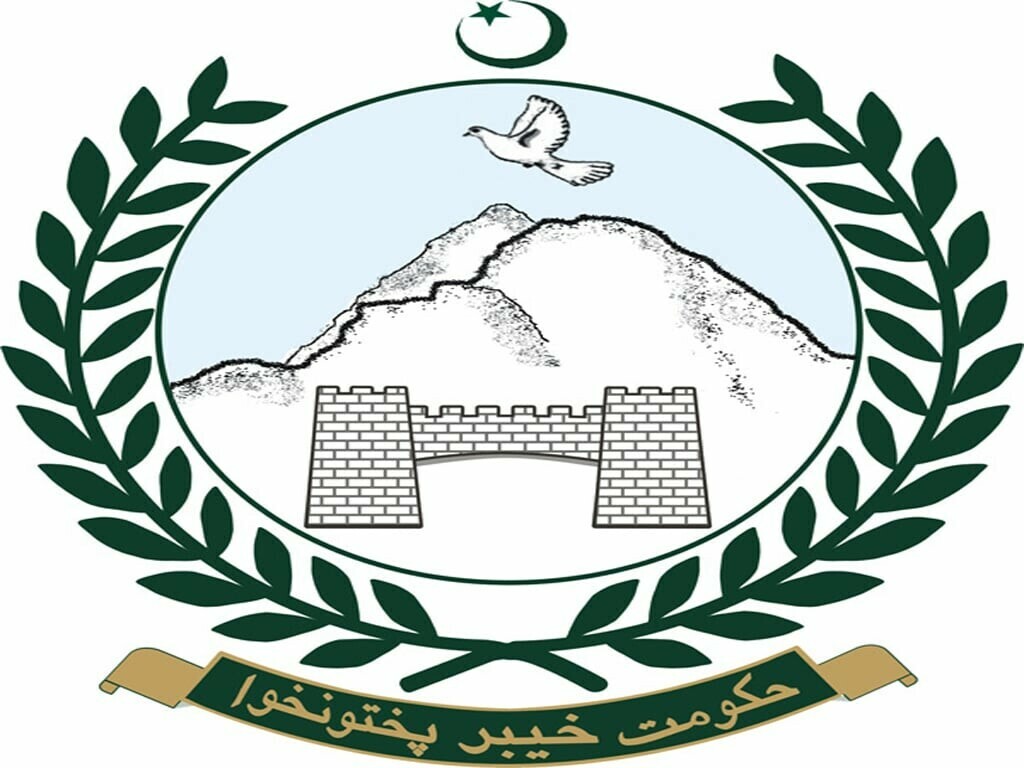The province of Khyber Pakhtunkhwa (KP) has long been hailed as a stronghold of political movements promising justice and reform. However, the recent corruption allegations have shattered this narrative, exposing a deeply entrenched system where politicians, rather than serving the people, seem more invested in protecting their own financial interests.
With reports surfacing that over 2800 billion rupees have vanished into a black hole of mismanagement and corruption, one question looms large—where did the money go?
The figures are staggering. More than 100 Members of the National Assembly (MNAs) and Members of the Provincial Assembly (MPAs) stand accused of corruption, with formal cases lodged against 83 of them. Even the Chief Minister, Ali Amin, is embroiled in at least five corruption cases.
But this isn’t just about a few bad apples; this is about a system where political alliances, backdoor deals, and cover-ups have become the norm.
What happens when corruption reaches a breaking point? The very individuals who benefited from the system start fighting amongst themselves. Ali Amin accused Shakil Khan, Shakil Khan blamed Atif Khan, and Atif Khan pointed fingers at Junaid Akbar. This internal power struggle reveals a crucial truth—when resources run dry, alliances crumble, and the blame game begins.
As these reports began making headlines, Imran Khan swiftly directed his party to hold a press conference, announcing the formation of a so-called investigative committee. This move wasn’t about addressing corruption; it was about controlling the damage.
The social media machinery was immediately activated, creating a smokescreen of appreciation for Imran Khan’s ‘bold’ decision. But was it really bold, or was it just another ploy to silence critics?
If this committee were truly meant to investigate corruption, why was Junaid Akbar, a key accuser, initially included and then quietly removed? The answer lies in the composition of the revised committee. The three main figures—retired Brigadier Musaddiq Abbasi, a lawyer with a tainted reputation, Qazi Anwar, and Shah Farman, known for his corruption scandals—were never going to deliver justice. Instead, they systematically dismantled the 83 corruption cases against MNAs and MPAs, sweeping everything under the rug.
KP’s public funds amounting to 2800 billion rupees have disappeared, yet there is no official inquiry, no transparent investigation, and certainly no return of stolen wealth. Meanwhile, those who were once struggling politicians have turned into billionaires. The people of KP, who put their faith in their representatives, are left with broken promises and an uncertain future.
The Consequences of Unchecked Corruption
The consequences of this unchecked corruption are devastating:
- Collapse of Public Services: Schools, hospitals, and infrastructure projects remain underfunded or incomplete, directly impacting the common man.
- Loss of Trust in Governance: When accountability is a myth, people lose faith in the democratic process.
- Economic Damage: Investors hesitate to engage in a region plagued by financial mismanagement and instability.
- Empowerment of Corrupt Networks: Every unpunished crime emboldens more corruption, creating a cycle that is almost impossible to break.
For KP to break free from this cycle of corruption, real accountability mechanisms must be put in place. This means independent investigations, judicial oversight, and a public that refuses to be misled by political theatrics. Until that happens, KP will remain a province where corruption is not just tolerated—it’s practically institutionalized.
The current state of affairs in Khyber Pakhtunkhwa is not just a failure of leadership but a betrayal of the people’s trust. As long as those in power continue to prioritize their wealth over public welfare, KP will remain in the clutches of corruption. The real question is—will the people of KP continue to accept this, or will they demand change?


